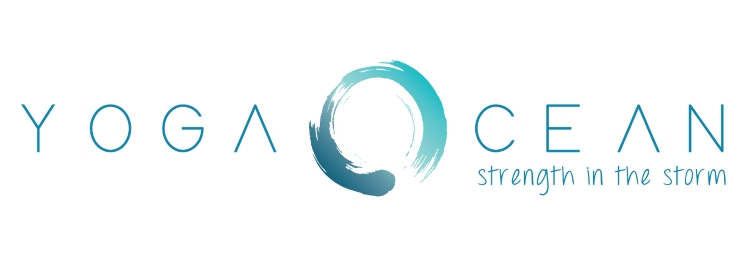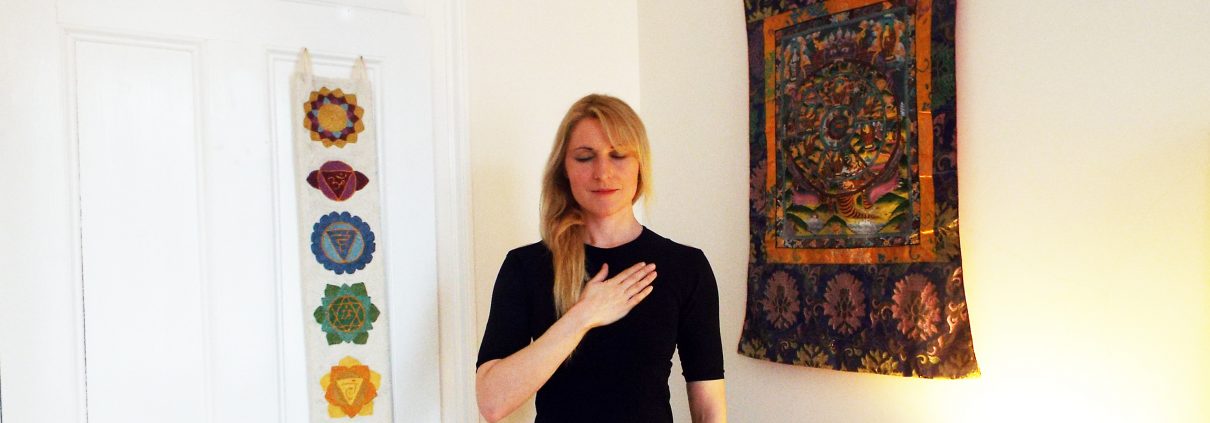Yoga Therapy: How can the breath relieve stress?
A very dedicated student of mine contacted me recently; she said she would be unable to make yoga for a few weeks as she was sitting with a family member in hospital whom she feared would not pull through. I could sense that she needed some reassurance …
I thought about how to respond for a long while…
In the end I opted for simplicity: “Just breathe….”
A few months later, another lady came to my class, her husband was critically ill in hospital and she came to yoga because ‘she didn’t know what else to do’.
Looking back over my time teaching I have had many instances of this, when people are lost in a stressful situation, they turn to yoga.
I recalled my own time waiting in hospital with my husband, sitting by his bedside and feeling utterly helpless…. I am not a doctor, an oncologist, a nurse…. what could I possibly do? What can anyone possibly do when faced with that situation?
So I decided to just breathe… I sat in that hospital for weeks, and when I could, I just meditated on the breath. The alternative was to freak out and break down… which would not have been helpful to anyone, least of all my husband and close family.
So, that was my advice to her: just breathe…. take time to look after yourself, and then you are in the best possible state of mind to be of support to your family.
Maybe it seems too simplistic, but ultimately, what are the alternatives?
So here is a basic relaxing yoga breathing technique: the Abdominal Breath…
It can be used at any time of stress to help calm the body and mind… whether it is everyday stresses like a traffic jam, or those times when life just seems too much…
How to relax using the breath:
Abdominal breath
Sit in a comfortable position with the hands resting on your knees. Close your eyes and begin to breathe in and out through the nostrils. Take a moment to tune in to your natural breath. Notice if the breath is fast or slow, deep or shallow, smooth or rugged, does it change? Make no judgements about how you are breathing, just be aware. Do this for a couple of minutes.
- Now place your hands on your tummy with the fingertips touching at the navel.
- Breathe in slowly and deeply; as you do so push your tummy out a little, like a balloon inflating; feel your fingertips move slightly apart.
- Breathe out and gently pull your tummy in, feel your fingertips moving back together.
Keep breathing in this manner for several minutes, keep the exhalations at least as long as the inhalations and gradually increase the length of your exhalations. As you get more comfortable with the breathing exercise increase the duration to 5 minutes, or longer if so desired. Remember not to strain, keep your breathing comfortable and allow yourself to relax.
Benefits
This breathing technique has a very relaxing effect on the nervous system. It reduces stress and anxiety by activating the parasympathetic nervous system (the body’s natural antidote to the ‘fight or flight’ response experienced when threatened or stressed). When the breath is slowed down it sends a signal to the body to relax, as such this technique also can help lower the heart rate and blood pressure.
You use the lower parts of your lungs in this breathing technique. In times of stress we tend to breathe high up in the lungs. By using the diaphragm (the long parachute-like muscle below the lungs) to breathe, you can get rid of old stale air and allow fresh oxygenated air to fill your lungs. When you feel your tummy move out as you inhale – it is your diaphragm lowering that you feel. When you draw your tummy in as you inhale it is your diaphragm lifting, pushing the air out of your lungs. The diaphragm is a one of the largest muscles in the torso and as such moves a lot of blood; it has been referred to as a ‘second heart’ in that it helps blood to circulate around the body.
By my way of thinking, by utilizing the diaphragm more for the breath and circulation, we may be making work that much easier for our hearts… just a thought… (I welcome any comments).
I hope that life will not bring you too much stress; but if and when it does I hope that you will remember:
Just breathe.










